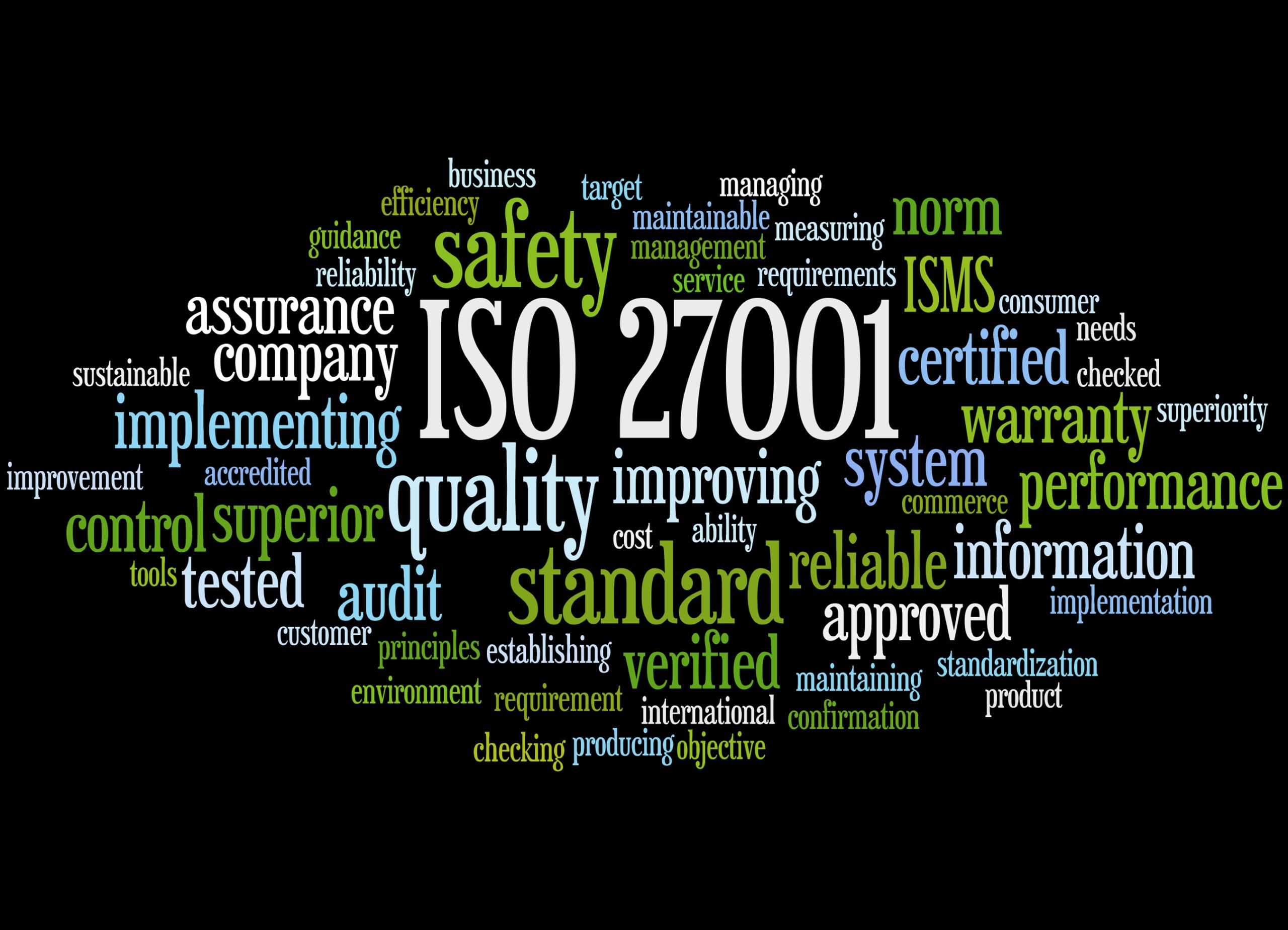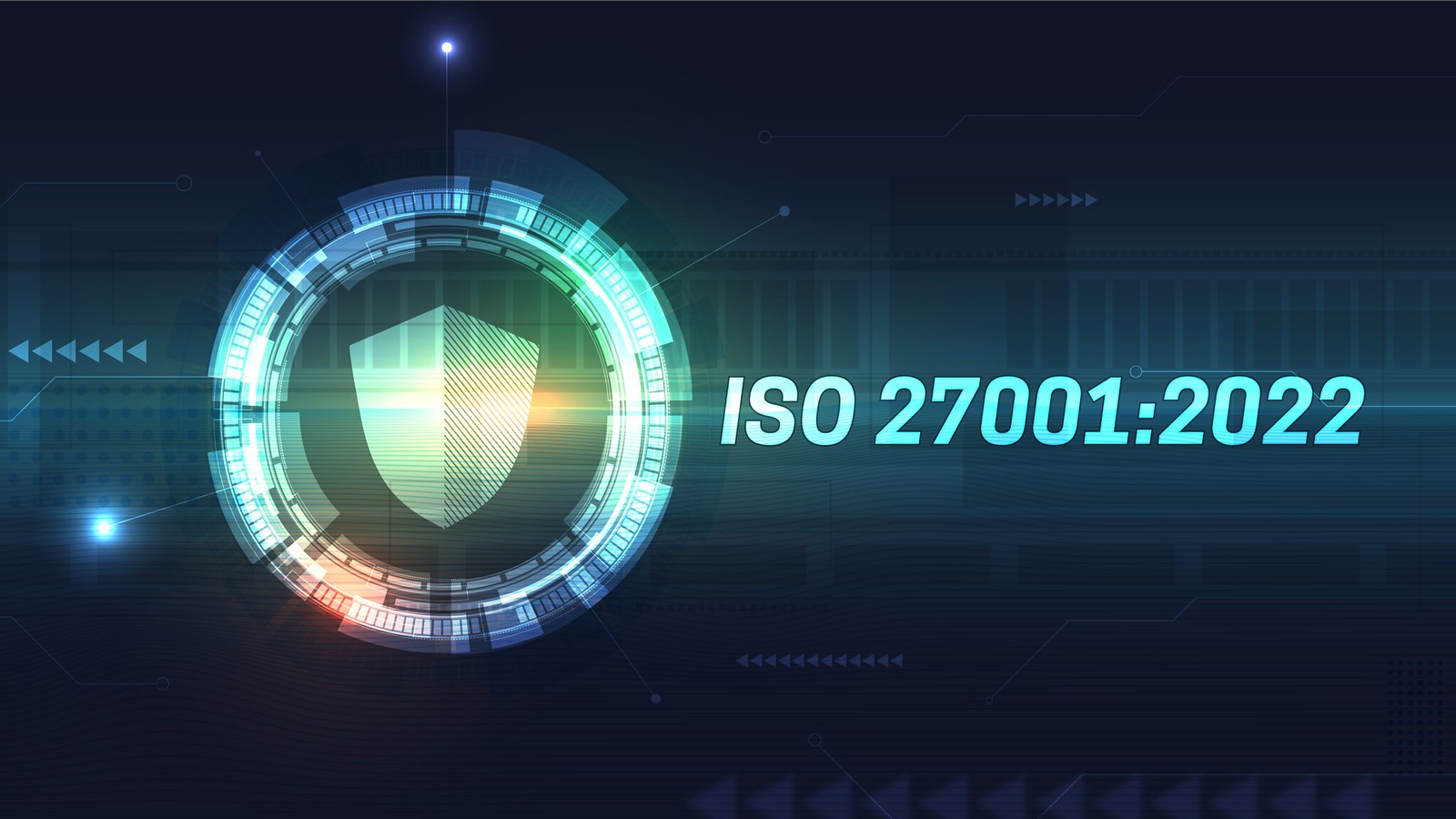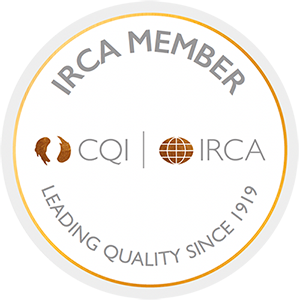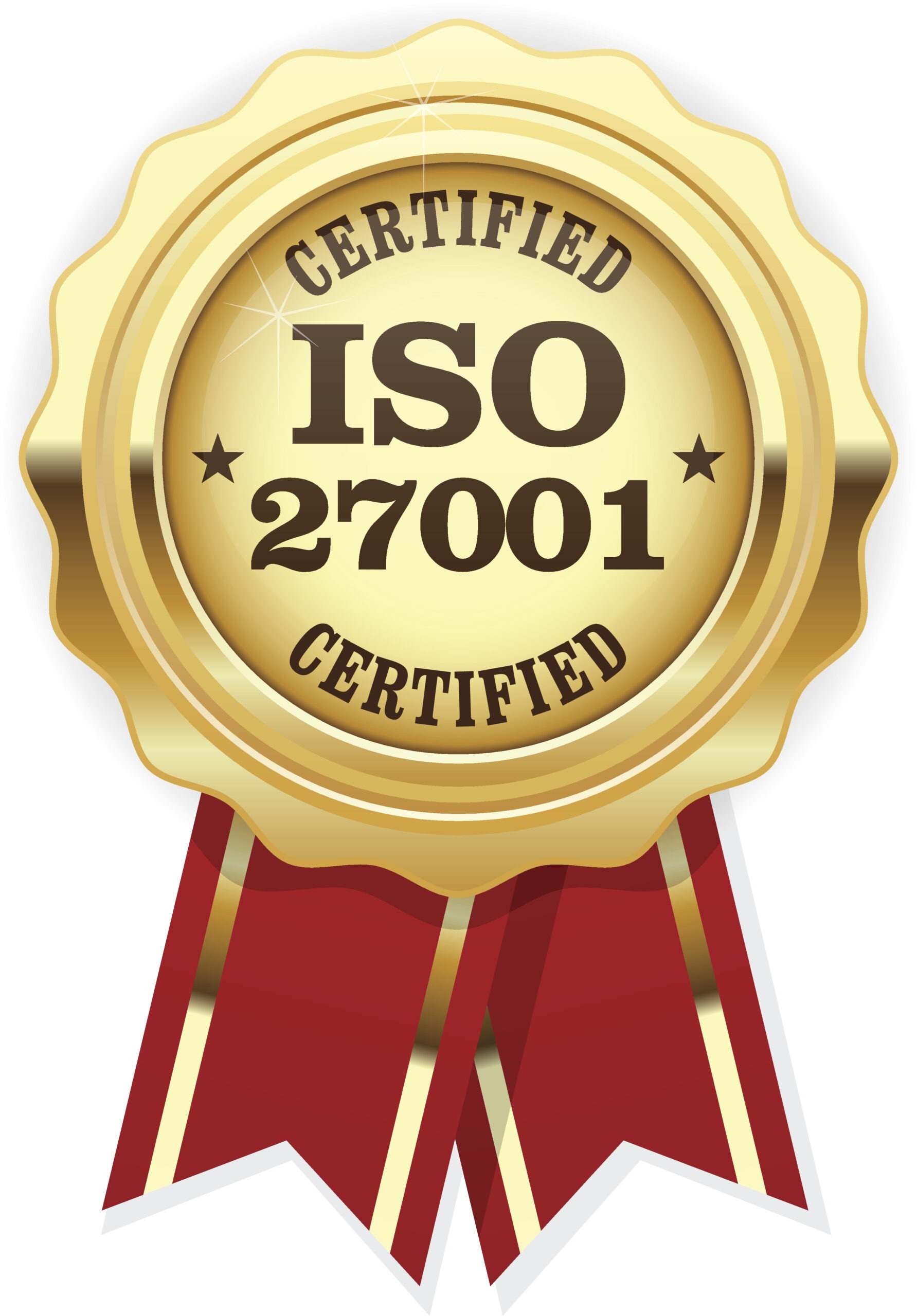ISO 27001:2022 Lead Auditor & Lead Implementer

ISO 27001 is an international standard for information security management systems (ISMS). It provides a systematic approach to managing sensitive company information, ensuring its confidentiality, integrity, and availability. ISO 27001 is a framework that helps organizations establish, implement, maintain, and continually improve their information security practices.

Key aspects of ISO 27001 include:
- Risk Management: ISO 27001 requires organizations to identify and assess information security risks and then implement controls to mitigate those risks. This risk-based approach is at the core of the standard.
- Documentation: It mandates the creation of documentation, including an Information Security Policy, risk assessment reports, and procedures for managing security incidents and changes.
- Continuous Improvement: ISO 27001 is a process-oriented standard, and organizations are encouraged to continually monitor and improve their information security management system.
- Legal and Regulatory Compliance: It helps organizations ensure they are in compliance with relevant laws, regulations, and contractual requirements related to information security.
- Third-Party Assurance: ISO 27001 certification can provide assurance to customers, partners, and stakeholders that an organization has a robust information security management system in place.
- Flexibility: The standard is flexible and can be applied to various types and sizes of organizations, from small businesses to large enterprises, and across different industries.
Achieving ISO 27001 certification involves
a series of steps, including:
-
-
-
- Initiation: Management commitment and leadership are crucial. You’ll need to appoint a project manager and establish a project team.
- Scope Definition: Define the scope of your ISMS. Determine which assets are within the scope of the ISMS and what specific requirements apply.
- Risk Assessment: Identify and assess information security risks. This includes determining the potential impact and likelihood of security incidents.
- Risk Treatment: Develop and implement controls to mitigate identified risks to an acceptable level.
- Documentation: Create the necessary documentation, including policies, procedures, and records.
- Implementation: Implement the controls and document the results.
- Internal Audits: Conduct internal audits to assess the effectiveness of the ISMS.
- Management Review: Review the ISMS performance with top management and make necessary improvements.
- Certification Audit: Engage a certification body to conduct an independent audit to assess compliance with ISO 27001.
- Certification: When the audit is successful, your organization can achieve ISO 27001 certification.
-
-

We are ISO 27001:2022 Lead Auditor
CQI-IRCA
Certificate Number: ISMSLA/23/11/0083 UDN No.: 481311
We play a role in evaluating and improving an organization’s information security practices.
We help organizations meet ISO 27001 standards, protect sensitive information, and reduce the risks associated with information security breaches.
We are recognized by certification bodies, consulting firms.
We work within internal audit teams in organizations seeking ISO 27001 certification or aiming to enhance their information security management.


We are ISO 27001:2022 Lead Implementer
Exemplar Global Certificate Number: ISMS/LI/ACIA
We are a real asset for your successful establishment and maintenance of an effective ISMS.
We work closely with various stakeholders within the organization to ensure that information security practices are well-defined, implemented, and continuously improved in line with ISO 27001 standards.
Our role is essential in protecting sensitive information, reducing security risks, and ensuring compliance with legal and regulatory requirements.

